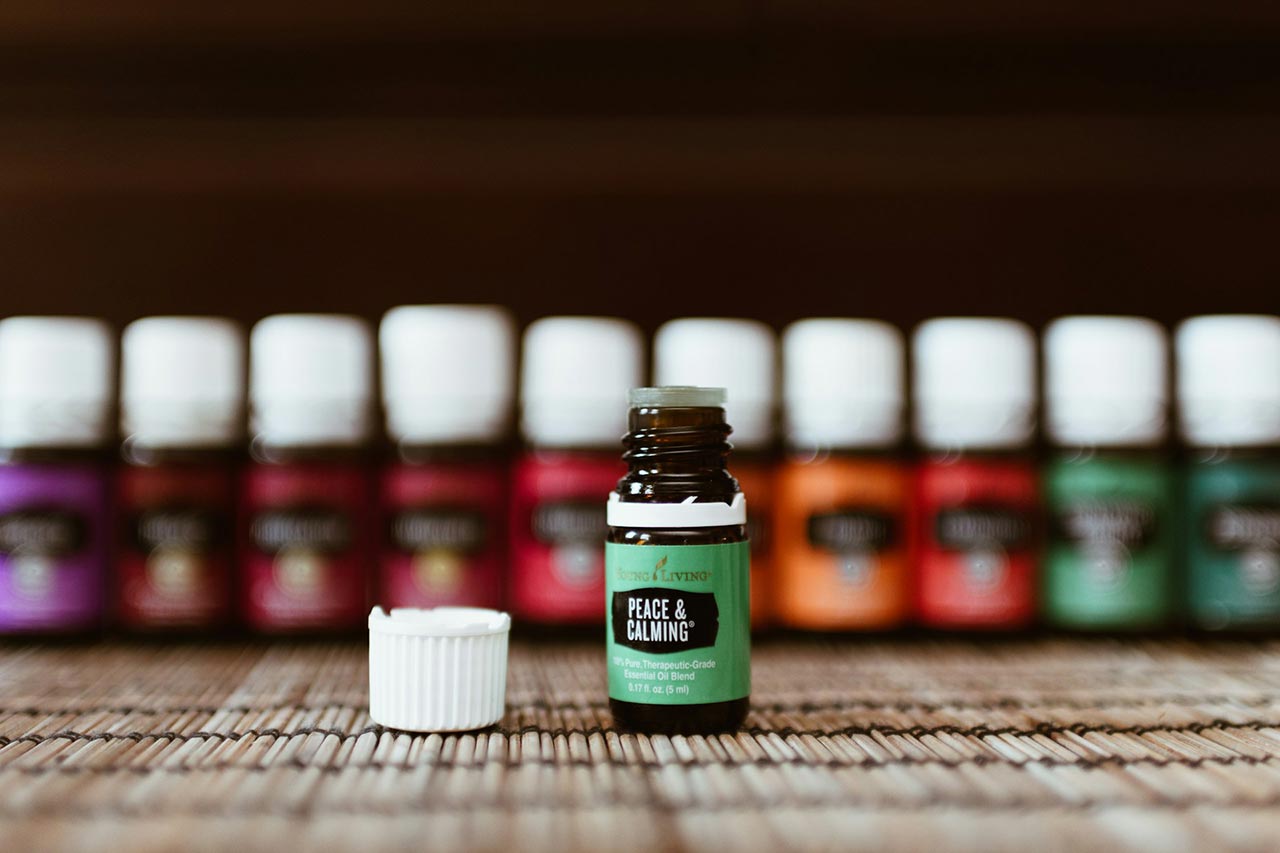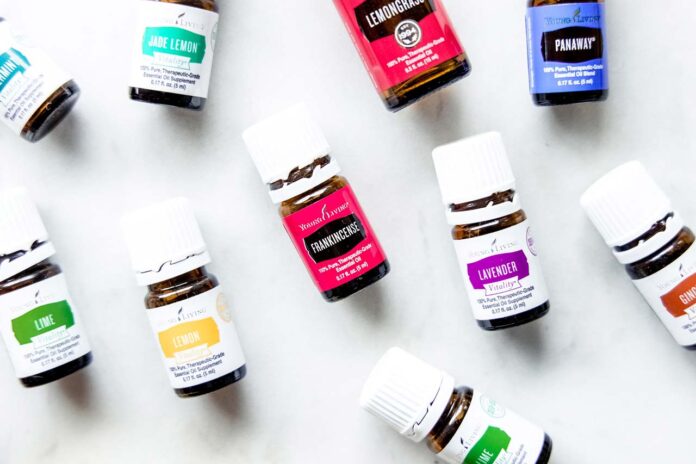Young Living is no doubt a big name in the world of business – both in the multi-level marketing field and also in essential oil market. The company is well known for its essential oil and unique business model.
However, Young Living has been the subject of various controversies and discussions lately. With all the buzz surrounding it, one question that often comes up is, “Is Young Living going out of business?”
Well, before we go into details about what’s presently happening with Young Living, we should let you know that Young Living is not going out of business. The company is still very much around and shows no sign of being on the brink of going out of business.
Now, let’s get you all the details you need to know about the company and why people are asking, ‘Is Young Living going out of business?’
Table of Contents
What is Young Living: a Closer Look at Young Living Essential Oils
Before we go ahead to answer the question, ‘Is Young Living going out of business?’ let’s take a moment to first look into what this company is and what it stands for.
Young Living Essential Oils which was established in 1993 is one of the prominent names in the essential oils market. With its roots stretching back over two decades, the company has grown substantially, boasting nearly two million active members.
By 2017, Young Living reported staggering yearly sales exceeding $1.5 billion, showing the level of its widespread appeal and market penetration. The company’s product line is diverse, primarily focusing on different types of essential oils intended for various applications.
These products, marketed for various health and wellness benefits, have garnered attention and popularity among a broad consumer base.
Is Young Living Going Out of Business?
The simple answer to whether Young Living is going out of business is no. the company is not going out of business.
Despite the controversies and challenges surrounding the company, it continues to operate and serve many consumers with its unique essential oils. However, there have been various concerns about the company. Criticism primarily revolves around the claims associated with its products, many of which lack scientific substantiation.
For instance, the health benefits touted by the company, ranging from general wellness to specific therapeutic effects, have been scrutinized for not having empirical evidence to back them. Young Living also recently got a warning letter from FDA and its pioneer founder also died, leaving many people to wonder what the future of the company might be.
But in the midst of this, the company still continues to operate without any official statement that it’s going out of business.
You may also like:
- Is Mr. Cooper Going Out of Business?
- Why Is Nalley Chili Out of Stock Everywhere?
- Is Staples Going Out of Business?
What is Young Living’s Business Model?

Young Living employs a multi-level marketing (MLM) model. This strategy involves non-salaried individuals distributing products, with earnings coming from direct sales and commissions from sales by new recruits.
The model creates a pyramid-like structure where a few at the top earn significantly, while most distributors earn very little.
While similar strategies are adopted by other companies and can be legitimate, Young Living’s approach has raised questions about its sustainability and ethical implications, especially in how it promotes and markets its products to both distributors and consumers.
The Recent Scandal with Young Living
Young Living faced significant controversy in recent years, particularly a high-profile class-action lawsuit in 2020. This legal battle was spearheaded by ex-member Julie O’Shaughnessy, who filed the lawsuit in a Texas federal court under the Racketeer Influenced and Corrupt Organizations Act (RICO).
The lawsuit was about claims by members of the MLM network that Young Living’s products were effective against COVID-19, a claim lacking scientific backing and potentially exploiting public health fears. The company’s attempt to resolve the matter through arbitration was denied, indicating the seriousness of the legal challenges it faced.
Apart from the lawsuit, Young Living also grappled with legal issues concerning the sourcing of its ingredients. In 2017, the company was penalized for importing illegally harvested ingredients, leading to significant financial consequences including $760,000 in fines, restitution, and community service payments.
Despite Young Living’s assertions that its members were not authorized to make unfounded health claims, the company indirectly benefited from such practices. These claims not only facilitated product sales but also played a significant role in recruiting new members, thus fueling the growth of its MLM network.
This complex web of legal and ethical issues has significantly impacted Young Living’s reputation and raised questions about the sustainability of its business model. In fact, it is one of the major reasons people now ask, ‘Is Young Living going out of business?’
What Happened to the Founder of Young Living?
Gary Young, who was the influential founder of Young Living Essential Oils, passed away on May 12, 2018, due to complications following a series of strokes. His passing marked the end of an era for the company he started in 1993.
Gary Young was not just the face of Young Living but also a pioneer in the modern essential oil movement. His life’s work included extensive research and exploration into the benefits of essential oils, drawing from ancient practices and natural healing methods.
His dedication to this field over 35 years helped establish Young Living as a global entity in the essential oils market. After his death, his wife, Mary Young, continues his legacy by leading the company as CEO, maintaining its focus on essential oils while trying to help the company through all the challenges and controversies it’s currently facing.
Young Living Gets a Warning Letter from the FDA
In a significant regulatory setback for Young Living, the U.S. Food and Drug Administration (FDA) issued a warning letter to the company in June 2020.
This action was taken due to various claims made by Young Living and its distributors, which suggested that certain products, including essential oils and CBD-infused items, had medicinal properties.
These claims positioned these products as drugs under the Federal Food, Drug, and Cosmetic Act, a classification that requires rigorous testing and approval processes, which Young Living had not undertaken.
The FDA’s scrutiny particularly focused on the promotional materials and social media posts by distributors, which often made unsubstantiated health claims. This warning is undoubtedly one of the major regulatory challenges faced by Young Living.
Why Did Young Living Suspend Operations in Russia?
In response to the geopolitical situation, Young Living suspended its operations in Russia and EAEU countries. This included halting capital investments, marketing activities, and events. The company also showed support for its Ukrainian staff and brand partners, highlighting its awareness and response to global events.
Is Young Living Going Out of Business – Final Note
So, is Young Living going out of business? The answer, as of now, is no. Despite facing significant challenges, including legal issues, controversial business practices, and the loss of its founder, Young Living continues to operate.
The company’s future, however, will largely depend on how it’s able to navigate these challenges. So until then, let’s keep our fingers crossed about the future of the company. But remember, as of the time of writing this post, Young Living is not going out of business!
FAQs
What are Essential Oils?
These are oils extracted from plants. These oils capture the plant’s scent, flavor, or “essence.” The special aromatic compounds found in these plants are what give each essential oil its unique essence.
Essential oils are mostly obtained by distillation or some other mechanical methods like cold pressing. Once the aromatic chemicals in the plant have been gotten out, they are mixed with a carrier oil to make it readily usable for consumers.
The combination of the carrier oil and the extracted oil makes the essential oil products we buy in the market. Essential oils are widely used in aromatherapy, where they are inhaled through various methods or applied topically.
Does Science Prove Any Benefits of Essential Oils?
The scientific evidence supporting the benefits of essential oils is growing, but it varies depending on the oil and the proposed use. Some studies have found that certain essential oils may have therapeutic properties.
For example, lavender is often associated with stress relief and sleep improvement, and peppermint oil may help with digestion and headache relief.
Does Young Living Still Make Essential Oils?
Yes, Young Living continues to produce essential oils. As one of the largest companies in the essential oils market, the company offers a wide range of essential oil products. Despite facing controversies and challenges, the company remains active in the production and distribution of these oils.
Is Young Living in Debt?
There is no publicly available information that explicitly states whether Young Living is currently in debt. As a privately-held company, Young Living does not disclose its financial statements in the same way a publicly-traded company does. However, like many large companies, it’s common to have some level of debt as part of normal business operations.
Who is Young Living’s Close Competitor?
One of Young Living’s closest competitors is doTERRA, another major player in the essential oils market. Like Young Living, doTERRA operates using a multi-level marketing model and offers a similar range of essential oil products.
Both companies are known for their extensive product lines, including single oils, blends, and wellness products infused with essential oils. They also share a similar customer base, often competing for the same demographic interested in natural wellness products and alternative therapies.
















